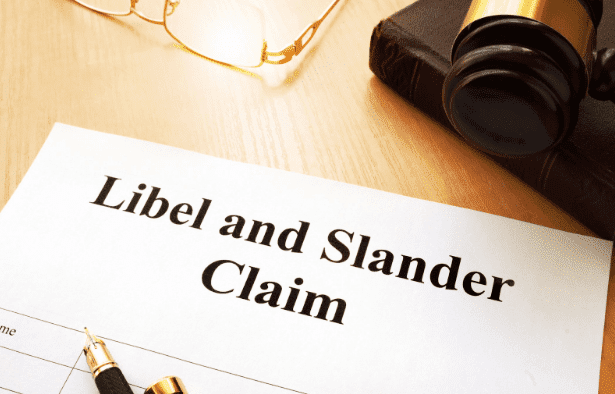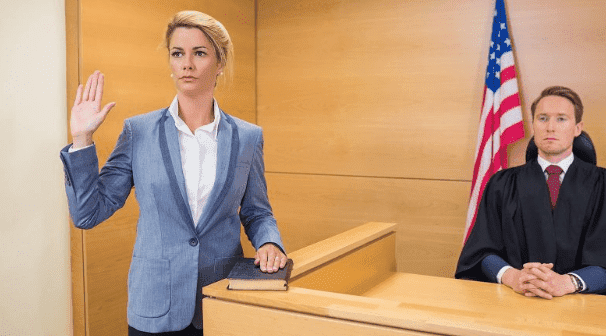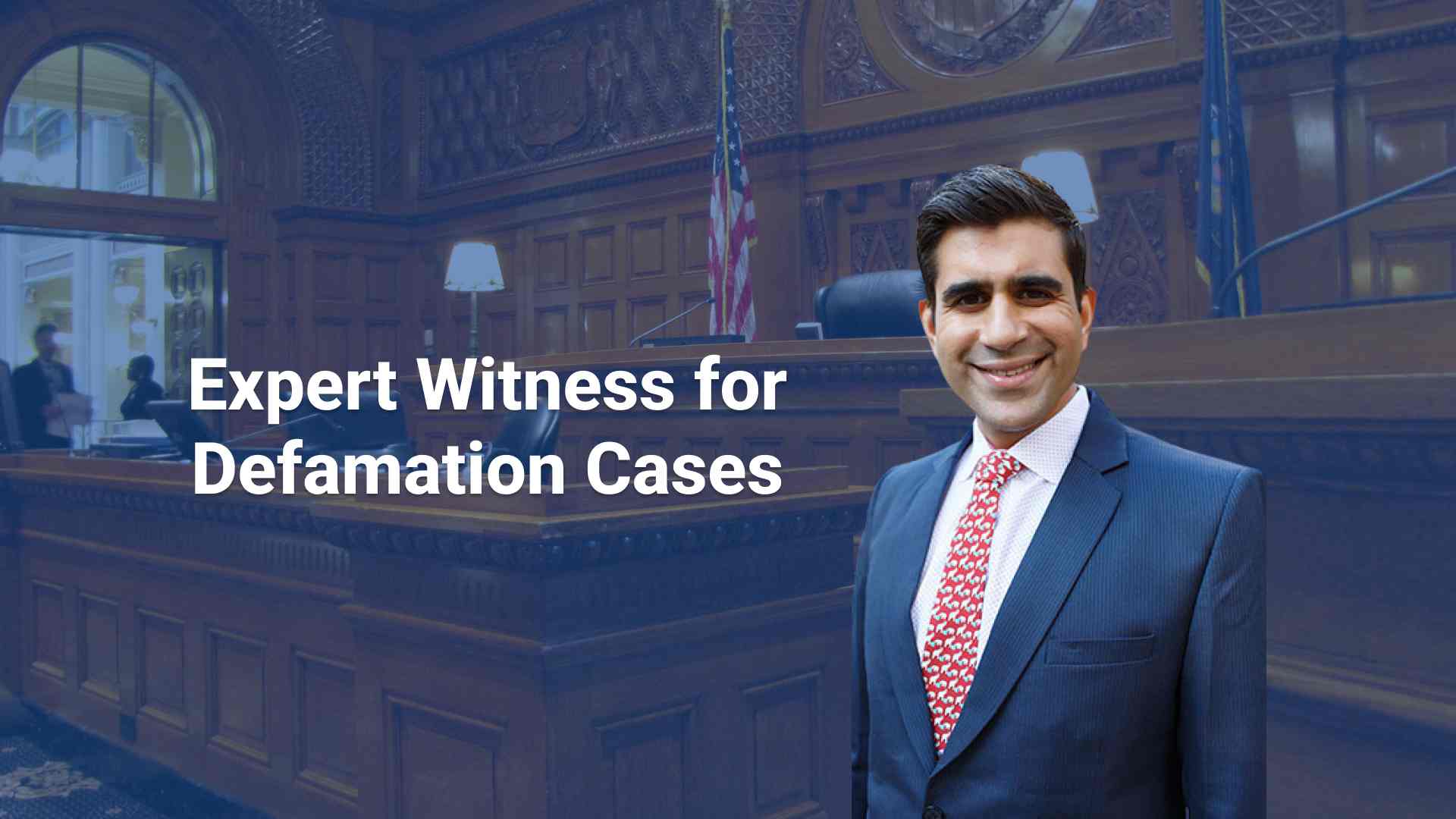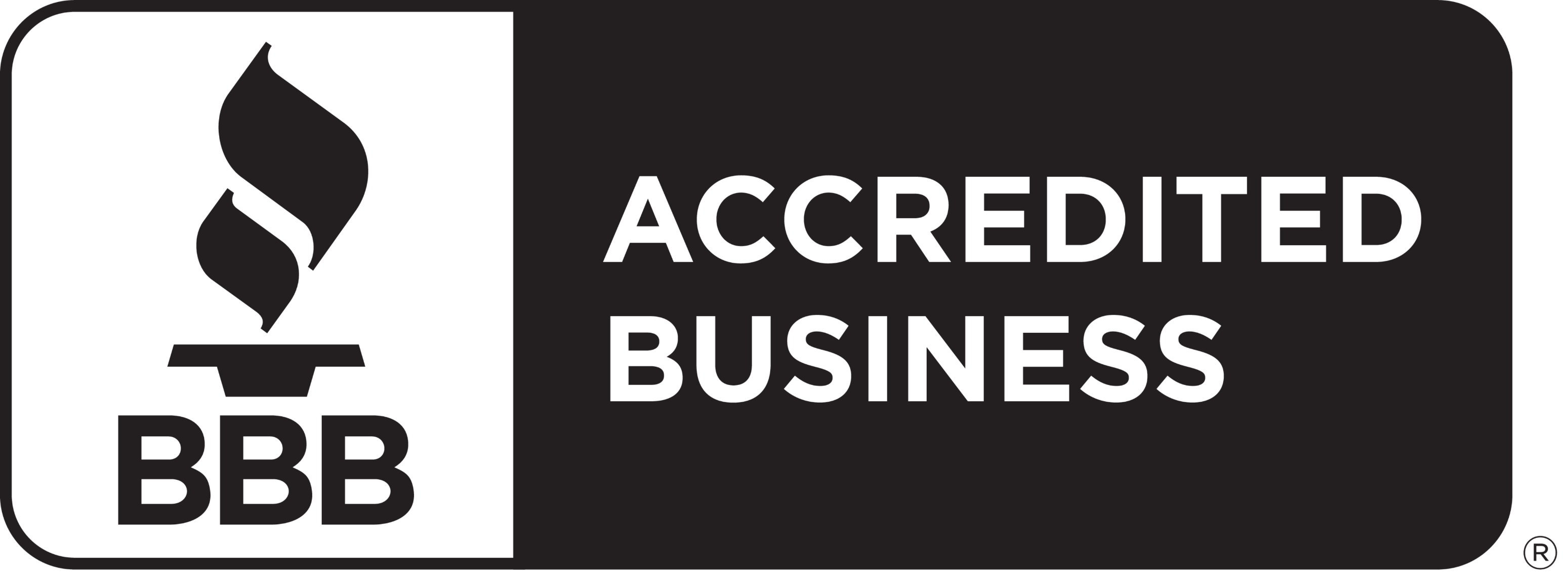In today’s hyper-connected digital world, the spread of false and damaging information can happen in seconds—whether through social media, websites, or news platforms. For individuals and businesses alike, the impact of defamation can be long-lasting and financially devastating. That’s where a defamation expert witness becomes a critical asset in legal proceedings.
This blog explores the vital role these professionals play in defamation lawsuits, particularly those involving online platforms. We’ll also highlight the importance of hiring an internet defamation expert witness, explain the relevant legal standards, and provide insight through federal rules, case studies, and key statistics.

Picture Credits: Pinterest
What Is a Defamation Expert Witness?
A defamation expert witness is a professional with specialized expertise in communication, media, legal standards, and reputation management. Their primary job is to help courts and juries understand whether alleged defamatory statements caused actual harm—and if so, to what extent.
Their responsibilities typically include:
- Evaluating reputational harm caused by the alleged defamation.
- Analyzing communication standards (e.g., in journalism, PR, or online publishing).
- Assessing intent, malice, or negligence behind the publication or statement.
- Providing expert testimony in written reports or live court appearances.
These experts are often called upon in both civil and criminal defamation trials to lend credibility and evidence-based clarity to complex cases.
Why Internet Defamation Requires Specialized Expertise
While traditional defamation cases involved printed media or verbal statements, the internet has transformed the landscape. The anonymity, speed, and reach of online content make it much more difficult to control or undo the damage once it spreads.
That’s why engaging an internet defamation expert witness—someone who understands the nuances of online platforms—is essential. These experts understand how defamatory content can:
- Go viral on social media
- Appear in Google search results for months or years
- Be replicated or shared by third-party websites
- Affect business reviews, SEO rankings, or professional reputations
These professionals also help trace sources of online defamation, quantify digital reputational harm, and recommend mitigation strategies like content removal or suppression.

Picture Credits: Dreamstime
Picture Credits: Pexels
Key Legal Framework: Federal Rules of Expert Witnesses
Expert witness testimony in defamation lawsuits must comply with the Federal Rules of Evidence, particularly:
Rule 702 – Testimony by Expert Witnesses
This rule outlines the qualifications of an expert witness and ensures that testimony is based on:
- Sufficient facts or data
- Reliable principles and methods
- Proper application of those methods to the facts of the case
Rule 703 – Bases of an Expert’s Opinion
Experts can rely on inadmissible evidence if such data is generally accepted in their field. This is particularly useful when referencing social media metrics, metadata, or private analytics.
Rule 705 – Disclosing Underlying Facts or Data
Experts may state opinions without disclosing the full underlying data unless required during cross-examination.
Understanding these rules ensures that your expert witness services stand up to scrutiny and strengthen your legal arguments.

Historical Cases and Statistics on Defamation
Several high-profile defamation cases over the years have demonstrated the power of expert witnesses in court:
- New York Times Co. v. Sullivan (1964): This landmark case set the “actual malice” standard for defamation involving public figures. It remains a cornerstone of U.S. defamation law today.
- Gertz v. Robert Welch, Inc. (1974): The Supreme Court distinguished between public figures and private individuals, expanding the range of protections in defamation suits.
Key Statistics on Defamation Lawsuits:
- According to a 2021 report by the Media Law Resource Center, defamation lawsuits have increased by 27% in the past five years—largely due to online platforms.
- Over 65% of these cases involve claims made via digital content, with businesses accounting for over 40% of the plaintiffs.
- 80% of successful defamation suits included testimony from expert witnesses.
When to Hire a Defamation Expert Witness
Hiring a defamation expert witness isn’t always necessary—but it becomes crucial in cases where:
- You need to quantify financial damages or lost income
- The defamation occurred across multiple online platforms
- You’re facing challenges in proving reputational harm
- Legal arguments depend on communication norms or industry standards
An expert witness firm can also offer additional expert witness services such as preparing legal reports, digital forensics, and damage assessment modeling.

Picture Credits: Dreamstime
Online Defamation: Tests, Standards, and Evidence
Courts often apply the following tests to determine whether a statement constitutes defamation:
- Falsity – Is the statement provably false?
- Publication – Was the statement shared with at least one-third party?
- Injury – Did the statement cause reputational, emotional, or financial harm?
- Fault – Was the publisher negligent or malicious?
An online defamation expert witness can help collect, authenticate, and interpret the evidence necessary to satisfy these criteria. For instance, capturing time-stamped screenshots or analyzing page traffic can help quantify the scope of damage.
Conclusion:
In an era where reputations can be damaged in seconds and digital content can persist indefinitely, the role of a defamation expert witness is more important than ever. These professionals bridge the gap between legal strategy and factual evidence—especially in cases of internet defamation.
Whether you’re a business owner, public figure, or individual seeking justice, working with an experienced expert witness firm ensures that your case is built on credible, reliable foundations.
FAQs
How to sue for defamation of character?
To sue for defamation, you must prove that a false statement was made, it was published to a third party, it caused harm to your reputation, and it was made with negligence or malice. Hiring a defamation expert witness can significantly increase your chances of success by offering objective proof of harm.
What are the rules for expert witnesses?
Under Federal Rule 702, an expert witness must demonstrate expertise through education, training, or experience, and their testimony must be based on reliable methods. These rules ensure that all expert witness services meet strict legal standards.
How much does it cost to sue for online defamation?
Costs can vary widely but typically include attorney fees, court fees, and expert witness fees. On average, pursuing a serious online defamation case with an online defamation expert witness can cost between $15,000 to $100,000, depending on complexity.
Is it worth suing for defamation?
If the defamation caused significant reputational or financial harm, it may be worth it. The presence of a defamation expert witness often strengthens the case, making it more likely to result in compensation or retraction.
Contact us today to speak with a defamation expert witness.
Explore our expert witness services for online defamation and reputation repair.














Comments are closed.